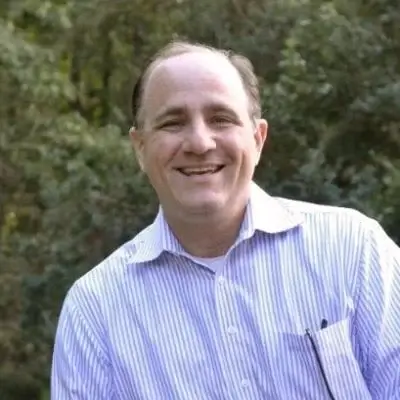Language-learning company seeks help translating early success into a growing enterprise
This week, a young education company seeks advice on how much financial risk to take on as it pushes forward. — Dan Beyers
View the full original article here >
Former English as a Second Language (ESL) teacher Ben L. Grimley spent the last 15 years in children’s software, developing language and literacy mobile apps for PBS Kids and Houghton Mifflin Harcourt. He saw a persistent issue that ESL teachers were still facing and no one seemed to be solving: There weren’t good teaching tools available to address the daily needs of the elementary ESL classroom. Grimley teamed up with other former ESL teachers and technologists to do something about it.
“About 85 percent of elementary students who are English language learners were born here in the United States and most can speak English colloquially just fine. The problem is, many are behind in academic English,” Grimley said.
“More than 9 out of 10 English language learners aren’t hitting basic reading proficiency standards by fourth grade. That’s why we went into the business of supporting English language learners in 10 different subject areas at the elementary level – to catch them up before the problem mushrooms. We want them to learn not only the isolated vocabulary terms, but also to apply them in the context of sentences, stories and math word problems.”
The pitch
Ben Grimley, chief executive of Speak Agent
“Speak Agent is a Rockville, Md.-based education company dedicated to closing the academic achievement gap for at-risk and special populations. Our initial market is English language learners. We offer an online solution for teaching academic English vocabulary through games and activities. It’s the only academic vocabulary solution that aligns with the specific daily needs of individual K-12 school districts, giving customers full control over the content.
“Our customers are K-12 school districts and the teacher is a very important sales influencer. We need to get their buy-in first, so our sales strategy is both bottom-up and top-down. We offer a free version for teachers to try the product, but our basic business model is a $20 per student per year license fee for the school districts.




